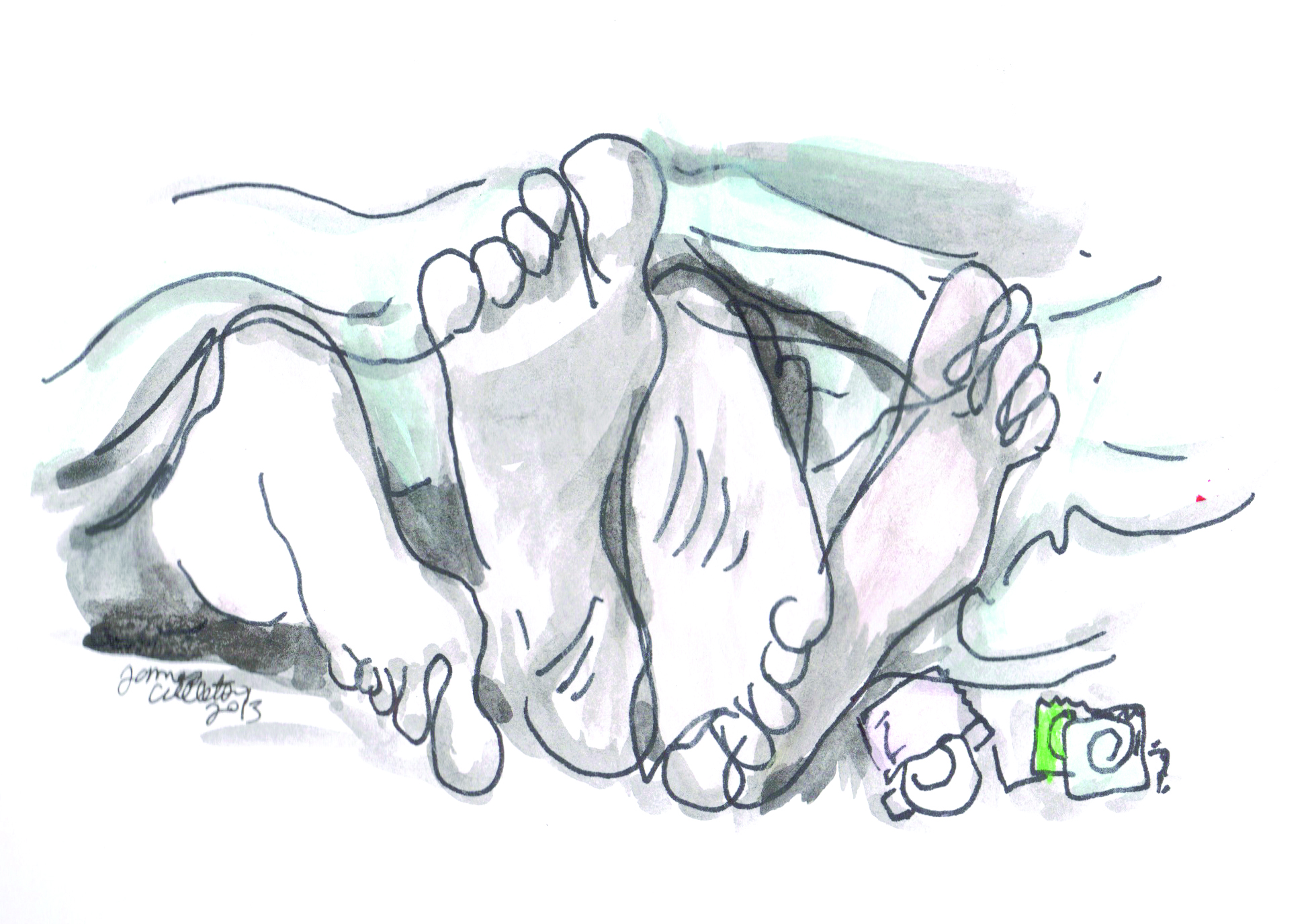You should care about your sexual health. Whether you’re a seasoned pro in the bedroom or you’re treading carefully, a little knowledge goes a long way.
Sexual health involves more than just avoiding Sexually Transmitted Infections (STIs). Being safe from violence and injury—as well as having control and positivity during sex—is highly important.
Your physical health is probably on your radar if you make an effort to exercise regularly. If you like to meditate, you’re taking care of your mental health. Being mindful of your sexual health is just as important.
It’s your body. You’re in control.
Control. Positivity. These two buzzwords are significant for sexual health. All too often, women and men are robbed of feelings of control during sex and positive sexual experiences through an instance of sexual assault.
In 2004, there were over 500,00 incidents of sexual assault against those aged 15 and over in Canada. Since many incidents remain unreported, the actual estimation is likely to be much higher.
Young adults—especially females—may be disproportionately vulnerable to sexual assault. In 2004, females were victimized around five times as much as males in Canada. Fifteen to 24-year-olds were victimized almost twice as much as 25 to 34-year-olds.
You deserve a sexual experience where you are in control of your body – quite unlike what Robin Thicke’s single “Blurred Lines” might suggest when he says, “Do it like it hurt, like it hurt / What, you don’t like work?”
The “lines” (what you’re comfortable and not comfortable with in bed or elsewhere) are absolutely not blurred. You and your partner have the right to do (or not do) whatever you damn well feel.
A positive sexual experience involves a ton of communication – and gratification. Both partners must be actively committed to enjoying themselves as well as making sure the other person has a great time, too. There is a lot you can do and things you can try like sex toy that you can buy from sites like https://pluglust.com and many others.
Chances are you know your own body better than you know your partner’s. It’s a good idea to let your partner know what you like, in whatever method you’re most comfortable with. No one’s a mind reader.
S.T.I.s : more common than you think
You might have an STI and be completely unaware it’s there. Many STIs—for example, chlamydia and human papillomavirus (HPV)—can be invisible to the naked eye. Left untreated, they can lead to serious health complications including infertility and death.
In 2008, chlamydia was the bacterial STI most frequently reported in Canada. It can creep up without symptoms. Chlamydia is caused by a bacterium and can be transmitted through vaginal, anal, or oral sex. It’s especially common among women ages 15 to 24 in Canada.
Even though most cases of chlamydia don’t have symptoms, some infected women may experience “vaginal discharge, [a] burning sensation when urinating, pain in the lower abdomen (sometimes with fever and chills), pain during sex, [and] vaginal bleeding between periods or after intercourse.” Without being treated, it can bring about pelvic inflammatory disease (PID). One of the effects of PID can be infertility.
HPV is another common STI in Canada. It also happens to be one of the easiest to contract. That’s because HPV can be passed through genital-to-genital contact. To translate: you don’t need to have sex to contract HPV.
“What’s the big deal? No symptoms, no problem!”
Think again. You can develop certain cancers originating from HPV without any symptoms, until the cancer has developed.
You’ve probably seen numerous advertisements in doctors’ offices promoting Gardasil and Cervarix, the two HPV vaccines currently in use in Canada. The vaccines protect against four and two strains of HPV, respectively.
How to protect yourself
Maintaining your sexual health takes a personal commitment and two decisions: all partners must be committed to safe sex.
One of the most convenient ways to protect against STIs is by using condoms. When they’re used correctly and consistently, male condoms reduce the risk of contracting STIs. You can purchase them at most drugstores and convenience stores, many of which are open 24 hours.
Peers and the Womyn’s Centre on campus, as well as many other clinics around the city, provide condoms free of charge. That’s pretty helpful for students on a budget.
Female condoms are also available at drugstores, but are slightly more expensive. However, unlike male condoms that can only be used once the penis is erect, female condoms can be inserted ahead of time – up to eight hours before having sex.
You should use protection when sexual contact occurs between any and all genders. Don’t forget about HPV – which doesn’t require penetration to be passed on.
And don’t forget the most important thing – have fun!






If you want to know more about this…. http://theprojector.ca/stories/view/reinventing-sex-ed-in-the-digital-age